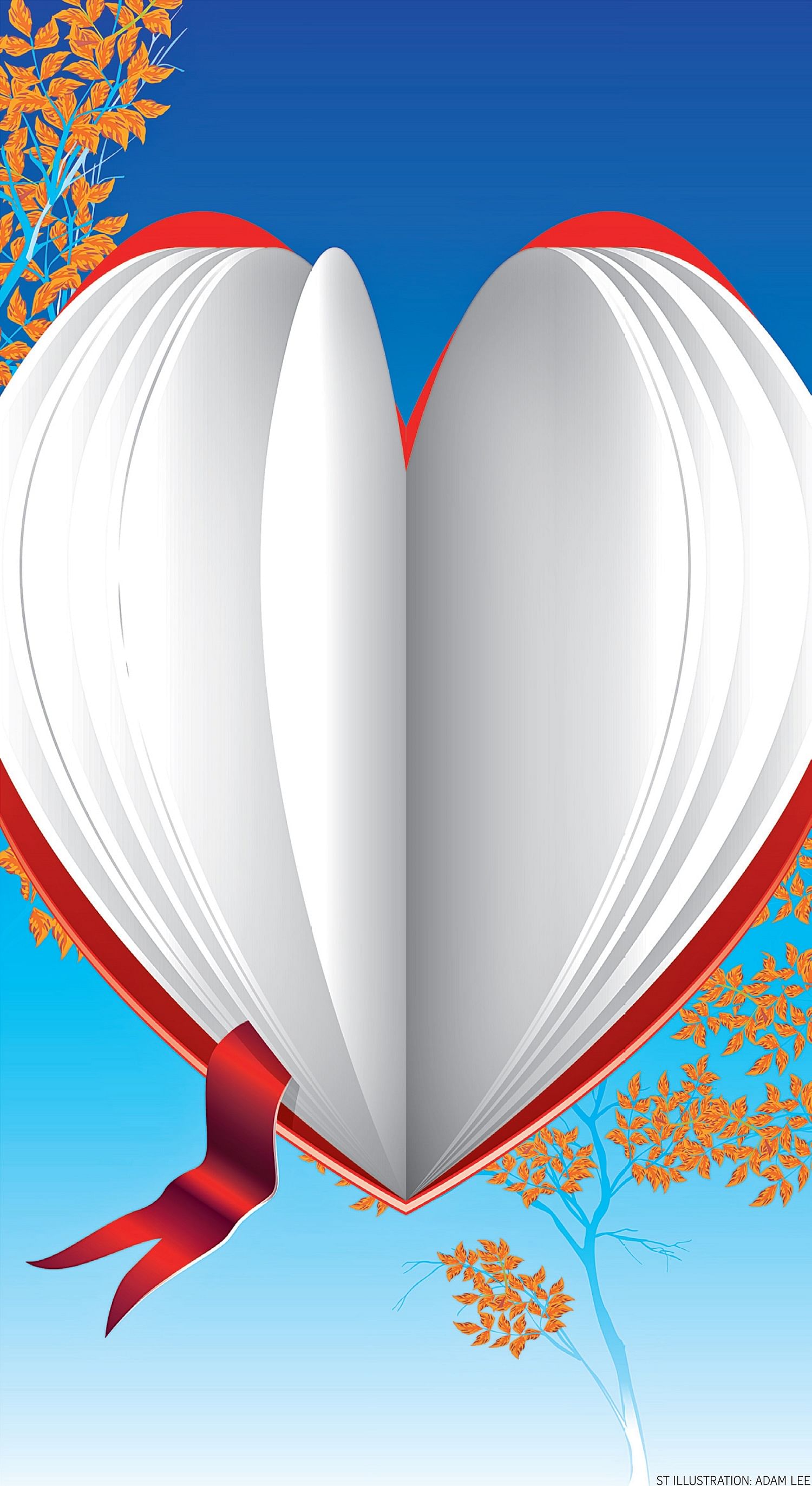At the end of a year at Stanford University in June 2010, I had sat zero exams and earned no degree. I had no start-up of my own to boast of and would in fact be returning to the same job I had beavered away at before my year out. When my landlady asked me what was the most important thing I had learnt during my time in California, I replied: "I learnt to have fun again."
If you are thinking, well that doesn't sound like good use of time, I don't blame you. That was precisely the reaction I got when I told family and friends that I planned to take up a journalism fellowship at Stanford - no degree attached - rather than apply for a brand-name master degree programme at a top-ranked US university on the East Coast. Perhaps it was sheer laziness, or the draw of West Coast sunshine, or just curiosity about what makes world-changing Silicon Valley tick.
In hindsight, I could have done a lot more during my year in the Valley. Instead, I struggled to figure out how to use my time. It was my first taste of learning that was almost completely self-directed, since as a Knight Fellow - so called because the fellowship was funded by the John S. Knight Foundation set up by two brothers who used to own the largest chain of newspapers in the US - I could enrol in a wide range of classes at Stanford but had no requirements to fulfil.
If you think doing what you will in your sabbatical year with no rules or structure to lean on is an easy paddle, let me tell you I found it anything but. I had done swimmingly in the Singapore system, and was used to structure, exams and learning what I was told to learn. Cast ashore on America's Pacific coast, I felt like a fish out of water. I struggled to adapt.
It was a painful but powerful lesson which I write about now, given the big push for lifelong learning and in the light of a recent Organisation for Economic Cooperation and Development study which found that most students here suffer high levels of anxiety due to worries about poor grades and tests. What can be done to make learning more enjoyable and even fun? If learning were something children, teenagers and adults found pleasurable, an activity they were hooked on for its own sake, then school would be far less of a chore and lifelong learning would stop being something adults had to force themselves to do so as to keep up and stay relevant.
As I discovered, self-directed learning is a lot more satisfying than any learning foisted on you. And that is because, as I gleaned from a classic book on adult learning (The Adult Learner; Knowles, Holton and Swanson), "as individuals mature, their need and capacity to be self-directing, to use their experience in learning, to identify their own readiness to learn and to organise their learning around life problems increases steadily".
The problem in many education systems, the book's authors note, is that "the culture does not nurture the development of the abilities required for self-direction, while the increasing need for self-direction continues to develop organically. The result is a growing gap between the need and the ability to be self-directing; which can produce tension, resistance, resentment and often rebellion in the individual".

In my first semester at Stanford, I cleaved closely to what I knew. I enrolled in journalism classes because that is my profession, and took courses in politics because that was what I had studied as an undergraduate at university. That seemed like the safest and most sensible thing to do, but it also turned out to be boring and unsatisfying.
In the second semester, I ventured out of my comfort zone a little. By the third and final semester, I was ready for change. I realised I had no interest in extending my undergraduate education. I wanted an experience that would help me grow as a person. And I found the courses that would help me do so by reading the Truth Book.
The Truth Book is a Knight tradition. Every year, the people who run the programme compile a book of essays by fellows in two previous cohorts, in which they describe the experiences that left a mark on them. A copy of the book is given to every incoming fellow. Thanks to the Truth Book, I realised that life-changing experiences were tied less to the subject than to the teacher and the way she engaged her students.
That is why, year after year, Knight Fellows described how one particular swimming teacher had changed their lives. These were adults who had always regretted not being able to swim; many of them were probably afraid of deep water. But this swimming coach showed them there was nothing to fear, that they could not only swim, but they could also play water polo!
For me, the course that opened up new possibilities was entitled Acting With Power, co-taught in the Graduate School of Business by a professor whose expertise was in experimental psychology and social power, and a team of theatre practitioners who were also experienced drama coaches. There was always a waiting list for this course, even though it took place at what some might consider an unconducive hour for learning - 8.30 on Monday mornings.
What the course did was to provide those of us fortunate enough to have been given a spot, with experiences that helped us see how we could shape the way we communicate and interact with other people so as to achieve our objectives, and to do so without being inauthentic. In other words, we learnt - through exercises that taught us how to use our bodies and the acting out of scenes from plays written for theatre - how we could act with power; no faking required. The secret was to be passionate in the pursuit of our objective.
As you can imagine, it was an empowering experience.
I realised recently, while reading a much-cited 1991 article by Mr Gerald O. Grow entitled Teaching Learners to Be Self Directed, that I had probably in my year out moved through what he calls the stages of self-directed learning, starting from a dependent learner in need of an authoritarian teacher to an interested learner who needs a teacher who can motivate and inject enthusiasm, to an involved learner who seeks a facilitator and finally to a self-directed learner, with no need for a teacher as such but who gains from having someone to consult and discuss problems with.
For Mr Grow, "the goal of the educational process is to produce self-directed, lifelong learners". He also writes that "self direction is advantageous in many settings", and he asserts that "just as dependency and helplessness can be learnt, self-direction can be learnt - and it can be taught".
One of the chief benefits of self-directed learning, in my book, is that it is so personally rewarding to the learner. This is the kind of learning that people can and do get addicted to, because it gives them joy. It is thus self-sustaining, with no need for inducements such as cash rewards or threats about job redundancy and obsolescence, to keep it going.
I am thus making a pitch for us as a society to consider how our system of continuing education and training can help people move towards greater self-direction. I believe this is a direction that will yield rich rewards for individuals and for us as a country.
I think back to my last conversation with my landlady, when I told her the most important thing I had learnt at Stanford was to have fun again. I can still see the big smile that lit up her face as she replied: "Well, I think that is just wonderful."
My landlady was the senior research scholar and co-director of the Centre for Research at Stanford's Graduate School of Education. She had done pioneering work on teacher learning communities. In other words, she knew a thing or two about education and adult learning.
I take her response as a sign that my year out may not have been, after all, such a bad use of time.


